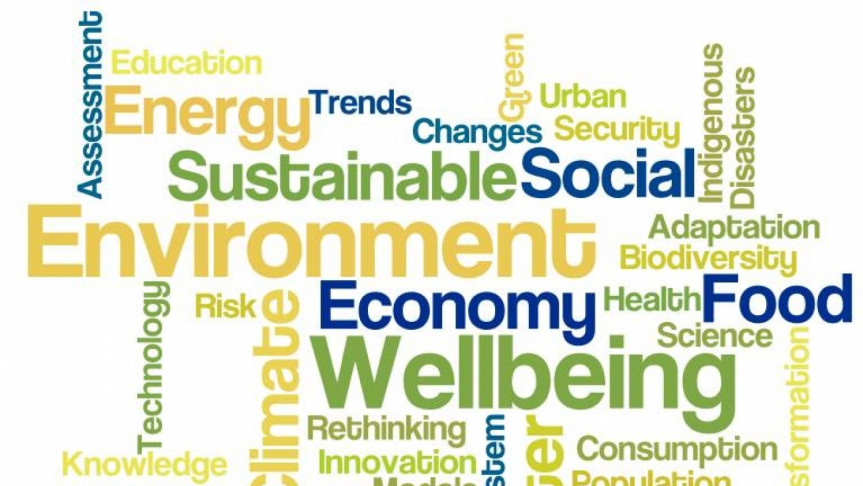PPP projects imperative to achieve SDGs: Experts

Dhaka: Participants at an international dialogue at the United Nations headquarters on Wednesday reached a consensus that the Public Private Partnership (PPP) would be critical to achieve Sustainable Development Goals (SDGs).
The daylong dialogue, titled ‘Global PPP initiatives in post 2015: Financing Development Projects’, was jointly organised by the Permanent Mission of Bangladesh to the UN, a non-resident Bangladeshi organisation Global NRB USA and a US-based consulting and event management company FICS, to find out ways to increase financing to achieve post-2015 SDGs in the developing countries.
The post-2015 SDGs will be adopted at the UN summit that would be held from 25-27 September in New York, said a press release.
Some 169 targets under 17 goals is expected to be finalised, which would be implemented in Developed, Developing and Least Developed Countries within a span of 15 years up to 2030.
Experts consider the SDGs are being framed as the transition of the MDGs that were adopted in 2000 with a target to achieve eight social goals by 2015 mostly in the LDCs.
Presided over by permanent representative of Bangladesh A K Abdul Momen, the morning session was participated by state minister for health Zahid Malek, president of FICS USA Tafazzul Karim, representative of the UN development policy and analysis division William Van der Geest, management consultant Mahbubul Joarder, representatives of the UN member states, UN officials, entrepreneurs and international experts.
Urging foreign investors to invest more in Bangladesh, the state minister described the scopes and opportunities that are prevailing in Bangladesh for FDI.
He said Bangladesh has proved as a vibrant economy which has been resilient to global economic recession. ‘It has maintained 6.2% GDP growth rate on average since 2009 with a market of more than 55 million people.’
He said infrastructure, textile, garments, food processing, ceramics, leather, ICT, pharmaceutical raw materials is the prospective sectors for FDI.
Zahid Malik said services sector, including hotel, hospital, and human resource development initiatives, would be potential PPP projects.
He said the government is creating scopes for more investment in the EPZs and economic zones are being developed for accommodating more foreign investment.
Momen said Bangladesh is successful in achieving MDGs without sufficient ODA and ready to take challenge to implement the upcoming SDGs as the government has targeted to convert Bangladesh as a middle-income country by 2021 and at the stage of developed world by 2041.
Appreciating the economic development of Bangladesh, William Geest said PPP projects would be very effective in Bangladesh for faster infrastructure development, better project implementation and generate additional revenue for the government.
The afternoon session was co-chaired by Momen and the permanent representative of South Korea Oh Joon.
The participants identified that the smaller projects, especially in the service sector that would be appropriate for Bangladesh to leap the country a one-step forward to achieve the SDGs within the timeline.
The daylong brainstorming sessions were concluded with a dinner at Bangladesh Mission that hosted by the organizers which was also attended by the President of the 69th session of the UNGA Sam Kutesa.
In a brief statement, Sam Kutesa urged the private sector to take the SDGs as an investment opportunity in PPP or in other forms as the goals are ambitious and transformational to build a new world by 2030.

 UNB
UNB
